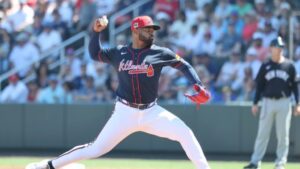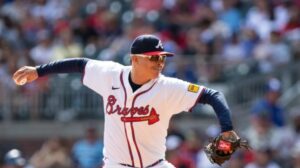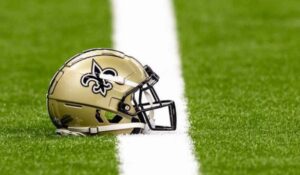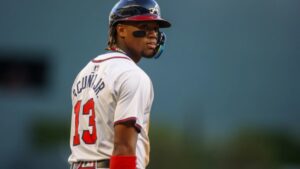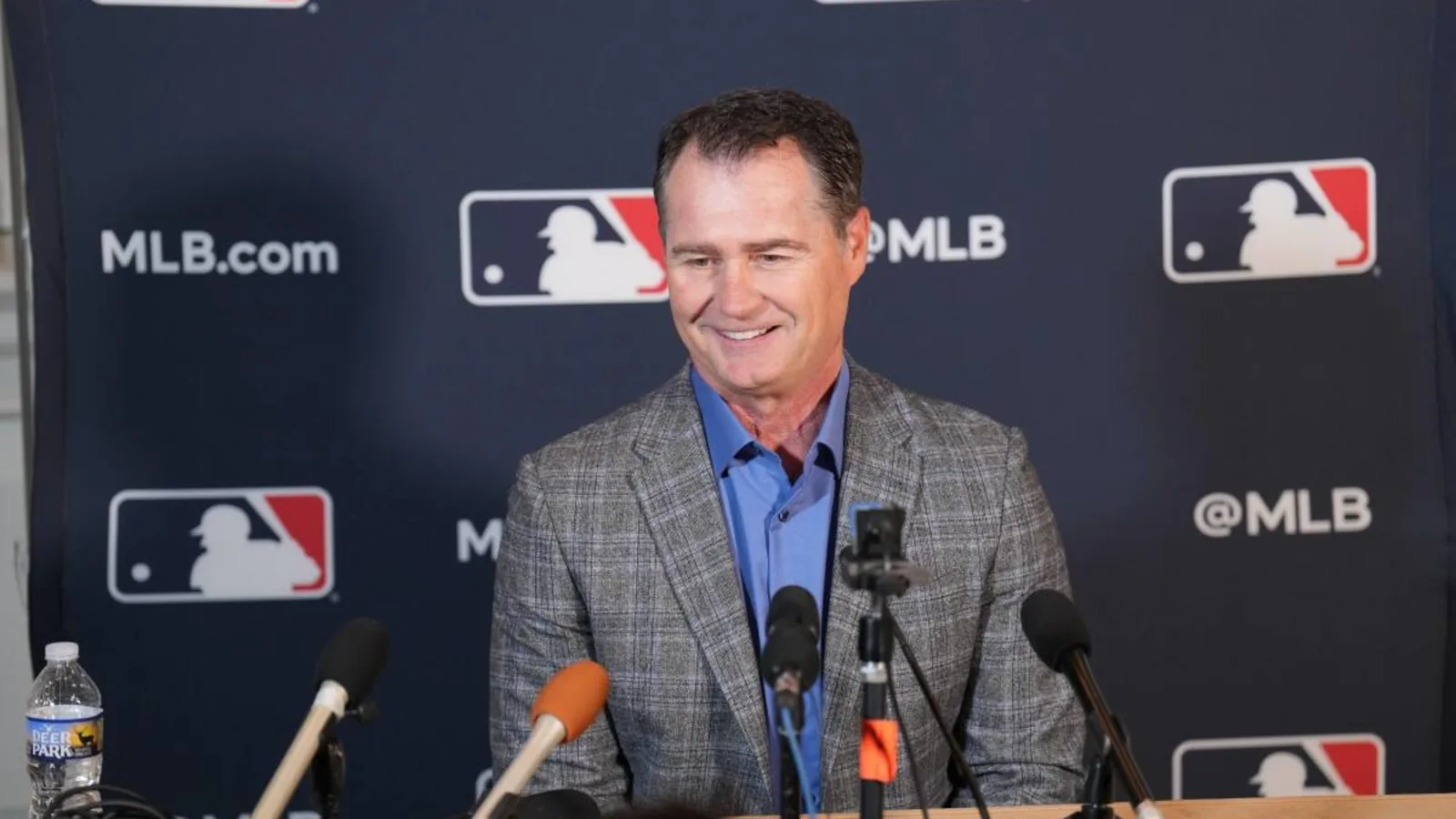
If you believe that bringing in a prime Joe Torre, a reincarnated Casey Stengel, or an unretired Dusty Baker would drastically improve this team, you’re likely mistaken. The Seattle Mariners, who were 64-63 heading into Wednesday night’s game, haven’t fallen into their current slump because of poor management—they’re struggling because their hitters can’t make contact.
A new manager won’t magically bring back Julio Rodriguez’s form from 2022 and 2023, turn Mitch Haniger into an All-Star again, or fix Mitch Garver’s career-worst struggles at the plate. Yet, as of Wednesday, the Mariners were 12-17 since the All-Star break and had seen a 10-game lead over the Astros shrink to a 4.5-game deficit.
So, it could be the end of the road for Scott Servais. A managerial change has seemed possible for a few weeks, especially after The Athletic’s Ken Rosenthal wrote a column on the subject. When Rosenthal asked Mariners president of baseball operations Jerry Dipoto if replacing Servais might help, Dipoto replied, “It definitely has to be a consideration for us, to talk through everything.
We’ve underperformed, and there is some discussion for each of us to have the part we have played in coming up as short as we have to this point.” This wasn’t Dipoto deflecting blame—he acknowledged that he built this roster and feels responsible for Seattle’s disappointing results. But publicly considering a managerial change in late August is unusual.
Would firing Servais actually help? It’s not as if he’s regularly mismanaging situations. Bullpen decisions and pinch-hitting choices will always be second-guessed when they don’t work out, but there aren’t many glaring “what was he thinking?!” moments.
Some might point to a decision two years ago when Servais brought in Robbie Ray—who had little relief experience—to face Houston’s Yordan Alvarez in Game 1 of the ALDS. Alvarez hit a three-run walk-off home run, but it seemed the decision to use Ray had been pre-determined by the Mariners’ analytics team. Maybe Servais is too reliant on analytics.
However, after clashing with then-Angels manager Mike Scioscia during his time in Anaheim, Dipoto wanted a manager who would follow his game plan, and Servais has been that guy.
A more pertinent question might be: How much influence does an MLB manager really have these days? NFL and NBA coaches are often paid more because their in-game adjustments and strategic complexity can significantly impact a team’s success. I’m not sure baseball works the same way.
What stands out about this Mariners team is the offensive regression—particularly from Rodriguez and J.P. Crawford—that has left Seattle with the worst batting average in the majors.
The offseason acquisitions of Haniger, Garver, and, for much of the year, Jorge Polanco, haven’t panned out. The Mariners are also still in the bottom half of MLB in payroll, despite moving up from 18th last year and 21st the year before.
These are the main reasons for the Mariners’ struggles. But I’m not in team meetings, and I’m not privy to the clubhouse dynamics. If the “chemistry”—often more a result of winning than anything else—has soured, perhaps a new voice is needed.
The Mariners are nearing desperation mode, and almost nothing is off the table, including a managerial change. In December, the Edmonton Oilers fired their coach after starting 3-9-1, and they went on to reach the Stanley Cup Final after finishing 49-27-6.
Sometimes, a new face can bring a fresh perspective. But the Mariners aren’t the Oilers, who are one of the most talented teams in hockey. This is an elite pitching team weighed down by what could be one of the worst offenses in baseball.
The offense has shown its true colors over the first 80% of the season, and that doesn’t seem like a reflection of the manager. Still, I wouldn’t be shocked if there’s a new skipper by Thursday. It might make sense to try something new, but I wouldn’t expect it to make much of a difference.
